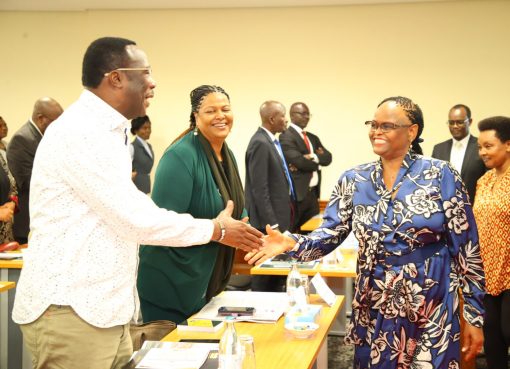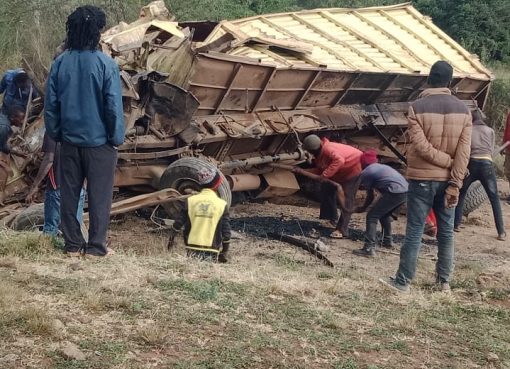The process of identifying poor families in Murang’a County to benefit in a programme aimed at alleviating extreme poverty is almost complete.
The initiative dubbed Kenya Social Economic Inclusion Programme (KSEIP) targets to support 1,500 households facing extreme poverty.
The Officer in charge of the programme in the county, Douglas Kiratu, said that they are currently opening bank accounts for those already identified.
“We have partnered with local commercial banks to open accounts for the beneficiaries of the programme as we also embark to identify more households to reach the targeted number,” Kiratu said.
The process of selecting vulnerable families to benefit with the programme began in July, 2021, targeting 750 residents from each of two sub counties namely Murang’a East and Murang’a South.
He divulged that previously they managed to register 413 in Murang’a South and 450 in Murang’a East and that they are in the process of identifying the remaining number.
Kiratu noted that the government in partnership with the World Bank, aims to implement the programme by employing a poverty graduation model to alleviate the less disadvantaged from extreme poverty.
“The poverty graduation model aims at improving the standards of people living in poverty after a gradual mentorship programme which then will make them depend on themselves.” explained the officer.
He continued, “Government adopted the graduation model after consulting with other stakeholders who have been using a similar model for long and have managed to reduce poverty levels.
The programme, he said, targets 25 percent of beneficiaries in the government cash transfer programme and 75 percent to be newly registered after thorough assessment.
Kiratu added that the beneficiaries will be given Sh2000 on monthly basis to cater for their basic needs and also be trained on business skills within the twelve months to add value on their livelihood status.
“On top of the Sh2000, the people will be given an asset transfer of Sh30, 000 to open small businesses to help them learn how to depend on themselves and lower their dependence on the government,” Kiratu noted.
The families will be assigned mentors to train them in a period of one year.
“On ground, we have deployed 15 mentors. Each mentor will be in charge of 50 households who will take them through the graduation model during the period until they are equipped with the skills of running their own business and depend on themselves,” he averred.
The officer added that the initiative will offer training on business plans, selection of business ideas and register the businesses in readiness to operationalize their enterprises.
By Bernard Munyao and Joseph Kiguta




